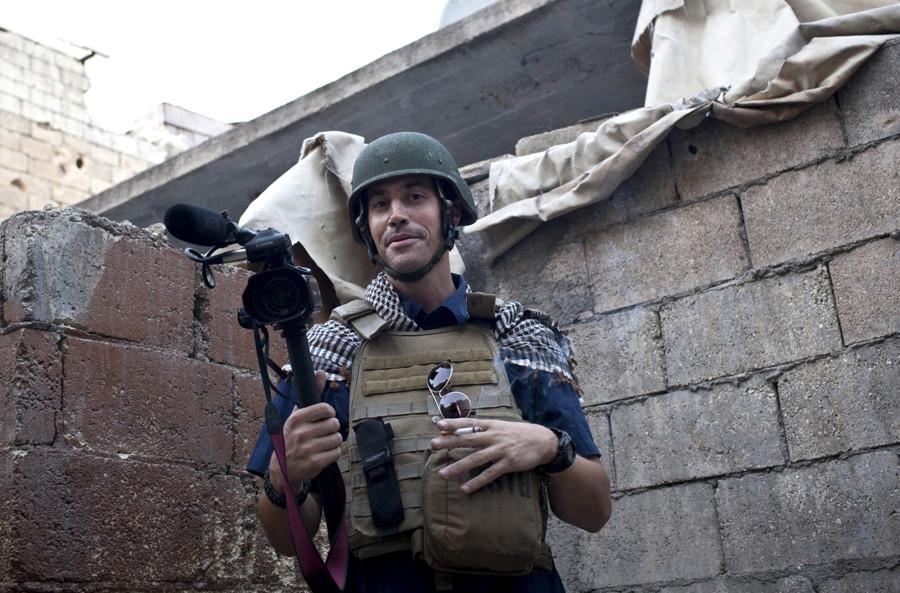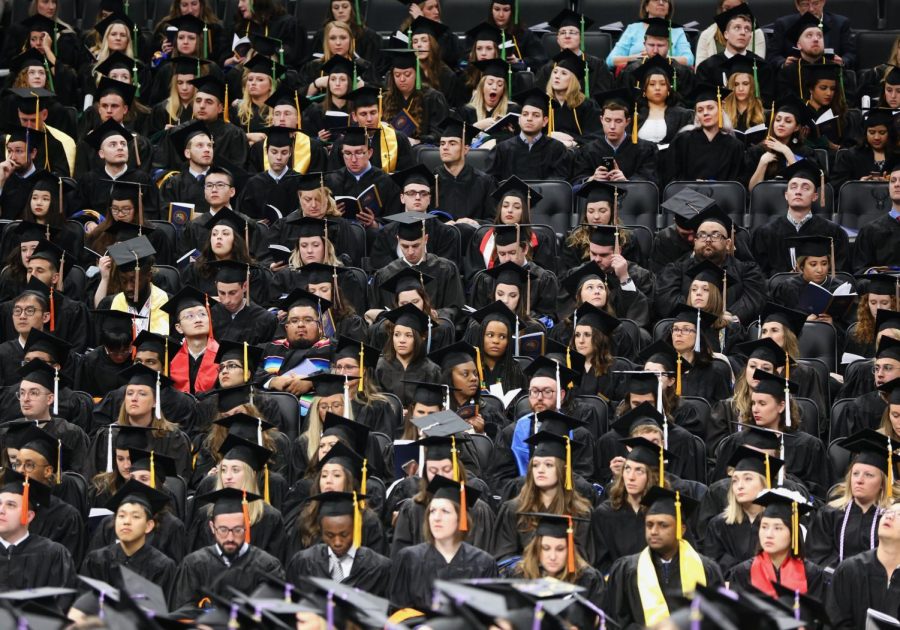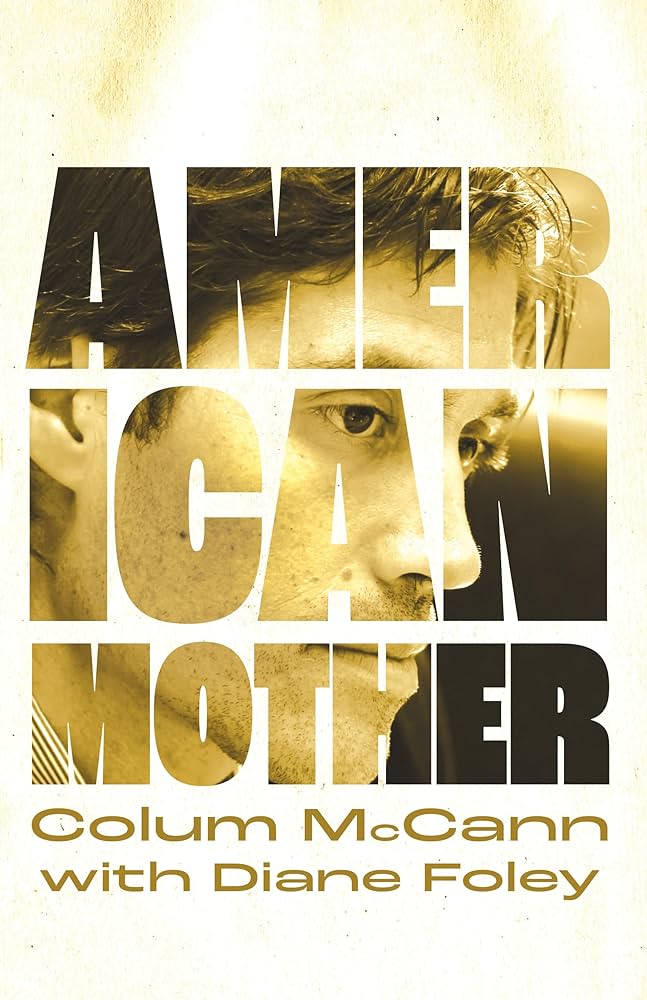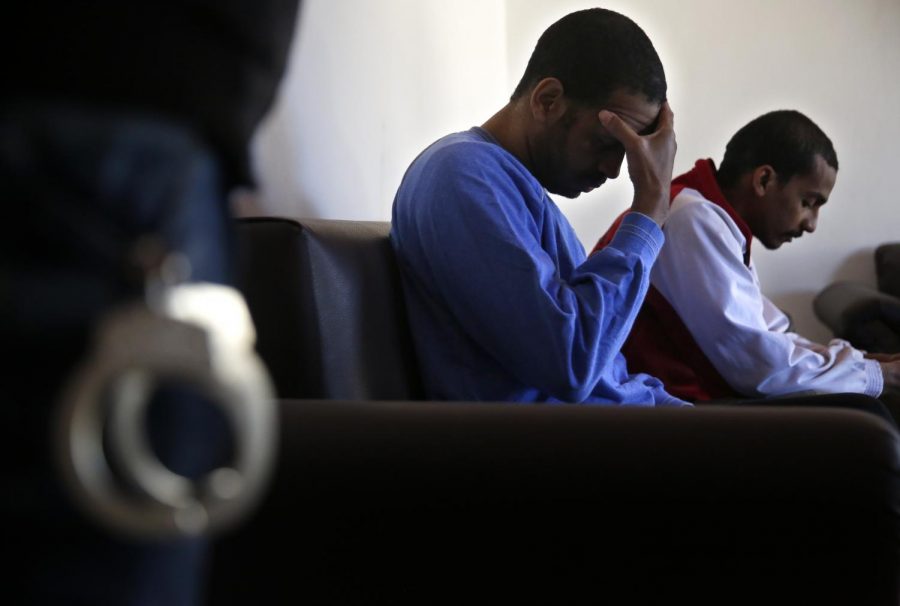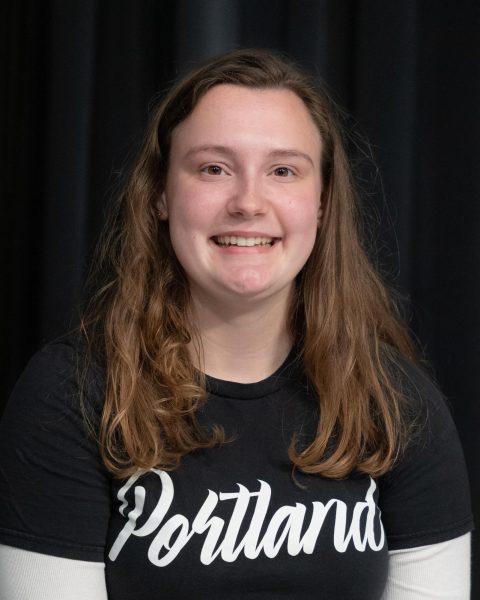It’s been almost eight years since Tom Durkin sat in his living room in Chicago when he learned of the death of his friend, James Foley. The two met in 1992 during their first year at Marquette. Now, one of the men who held his friend hostage is being brought to justice.
El Shafee Elsheikh was convicted by a jury in a federal courtroom in Virginia, April 14, on the counts of assisting in the kidnapping and deaths of American aid workers Kayla Mueller and Peter Kassig as well as journalists Steven Sotloff and Foley.
“There’s a sense of relief that there’s some closure. In terms of the work that we do, it’s important because it shows that people can’t do this with impunity, the U.S. will follow up, we will work to reach justice. This signifies that people will be held accountable for these types of crimes…it rarely has happened in the past so this is an important first step,” Durkin said.
There are currently around 60 public cases of Americans being held hostage internationally. The James W. Foley Foundation, which James’ mother Diane Foley helped to create, is working to change public opinion and improve U.S. hostage policy and engagement. They said Elsheikh’s guilty verdict is a step in the right direction.
“I never knew what that ‘impunity’ really means, but it really means they get away with it, therefore there’s no deterrents … It was an international effort so the fact that they were held accountable is a really big deal,” Diane Foley said.
Elsheikh, was part of a group of ISIS fighters known as the “Beatles” for their London accents and cruelty. One of the defense’s primary arguments was that the prosecution could not prove that Elsheikh was a member of the ‘Beatles’. The group typically kept their faces covered and made efforts to avoid eye contact with hostages as a means to protect their identities.
The group traveled from London to Syria to join the group. Though he grew up in London, Elsheikh was stripped of his British citizenship several years ago.
Following the verdict, Diane Foley said she hopes that there are more efforts to bring Americans home and achieve justice.
“It’s great that the justice system could do this, I’m very grateful. But to be honest, I would have appreciated the government prioritizing the return of our son Jim when they knew he was in captivity and other Americans. I would have much preferred our government engaging at a high level then, instead of all of this now,” Diane Foley said.
The verdict comes after one of Elsheikh’s co-conspirators Alexander Kotey pleaded guilty last fall. Kotey’s sentencing is scheduled later this week and Elsheikh’s is scheduled for August. As part of his guilty plea, Kotey will be eligible to serve the remainder of his life sentence in Britain after serving 15 years in the U.S. The counts of which Elsheikh was convicted all carry a life sentence.
“Even though are our son and the others were deprived of that justice I felt it was morally right that he should experience real justice and mercy as opposed to how he treated our citizens and the others,” Diane Foley said.
Part of the trial was based on British evidence. As part of the deal to secure the evidence former attorney general William Barr agreed to waive the possibility of the death penalty.
“I’m grateful for that. I don’t believe in an eye for an eye, I don’t think it solves anything to seek revenge in that way…I know a lot of the other families felt the same way. That’s not the justice they were seeking. I think that speaks highly of our country that we were seeking justice not revenge, since those are two different things,” Durkin said.
Peter Pedraza, who now works in corporate communications at Boeing, became friends with James Foley while studying at Marquette, was also not in favor of the death penalty.
“Early on I made a conscious decision that this was not going to be about the terrorist group. I chose not to think about it that way…I choose not to think about those individuals. I was not going to let myself become a worse person because of this,” Pedraza said.
Inspired by his friendship with James, Pedraza joined Hostage U.S. as a board member. He said he wants to help those who may find themselves in a similar situation as he was when James was being held hostage.
“In a way I think Jim would want everyone to continue that legacy of doing things good for humankind in whatever way you can. To not get stuck in a place that’s dark, angry, evil, to keep it positive,” Pedraza said.
In two years it will be the ten year anniversary of James’s death. Though the Foley Foundation has already created journalist safety modules, established a scholarship at Marquette, Foley said their primary goal is continuing to help bring Americans home.
“Many of these Americans who were held were the best of America, they were brave journalists and compassionate aid workers,” Foley said. “Just like we leave no soldier behind, I would hope that we leave no innocent citizen or U.S. national behind.”
This story was written by Megan Woolard. She can be reached at megan.woolard@marquette.edu or on Twitter @MeganWoolard4


